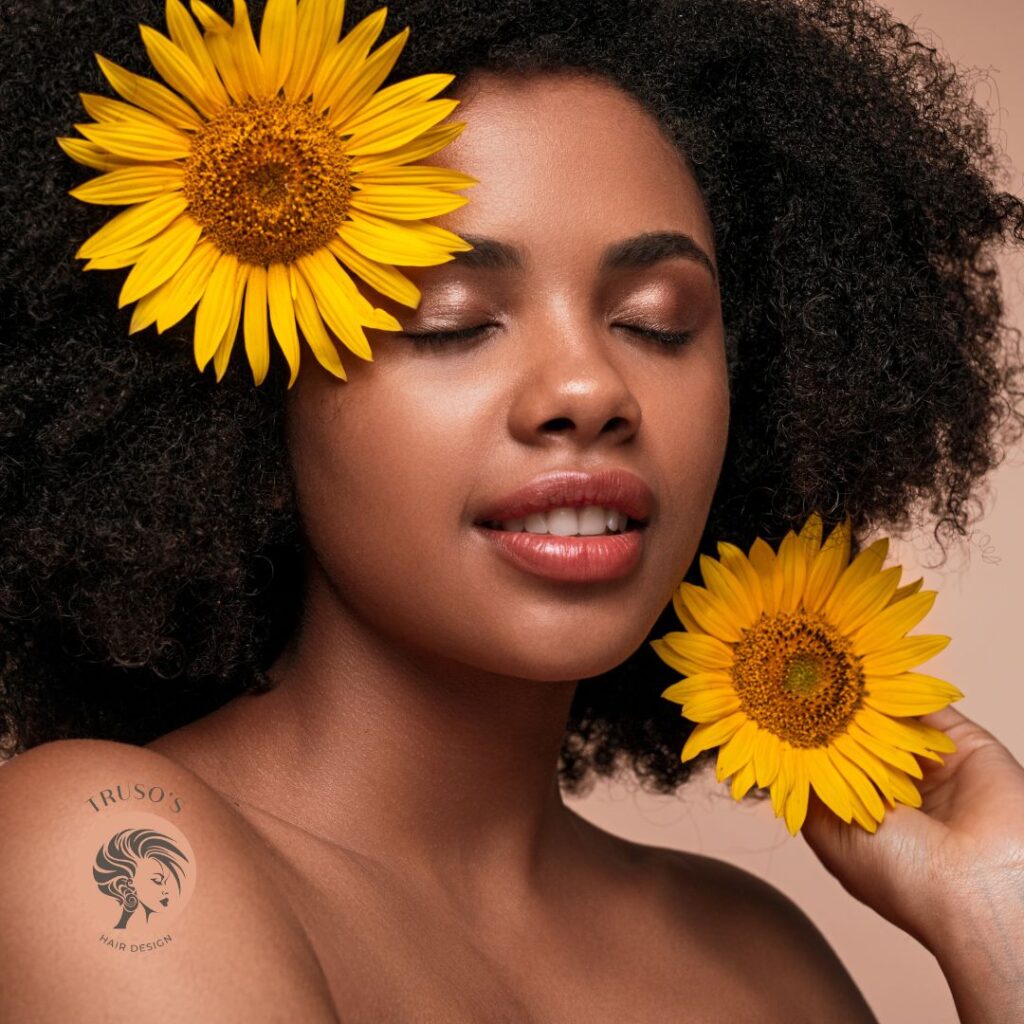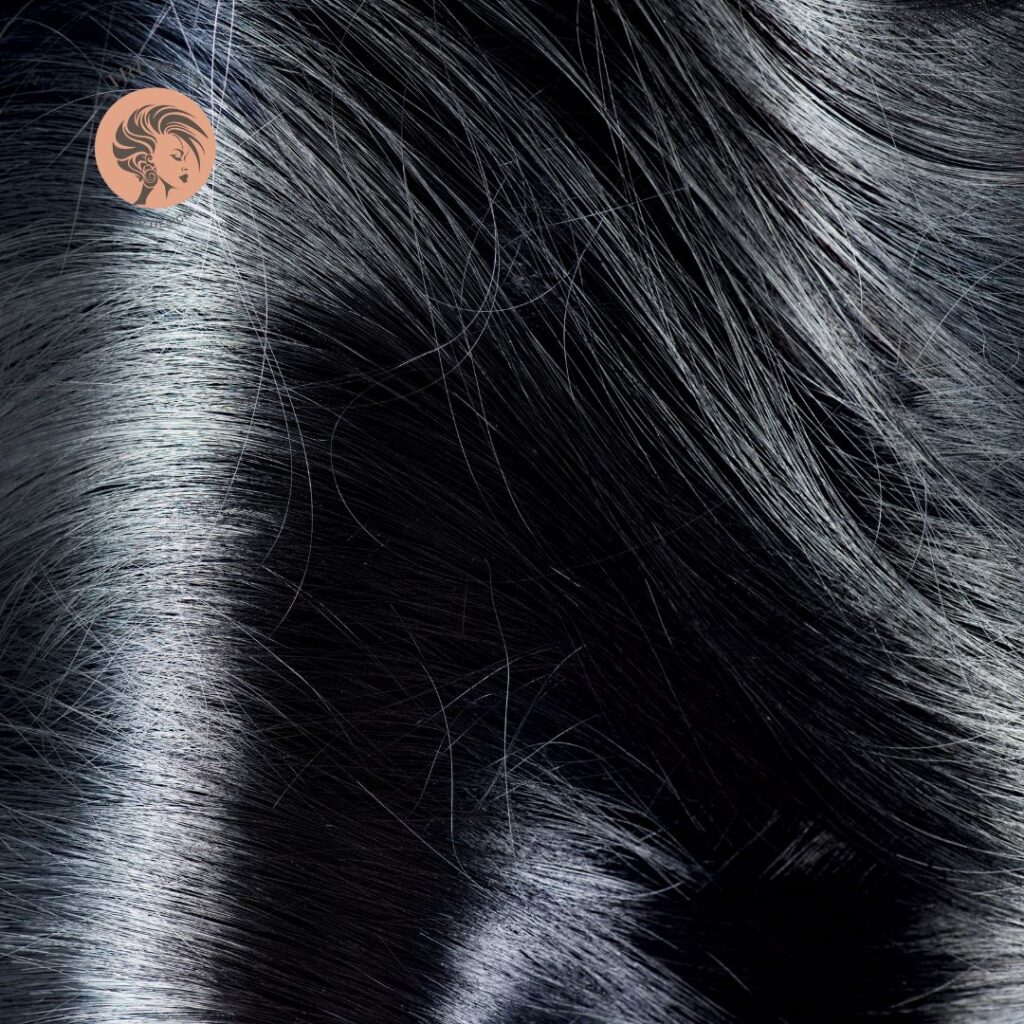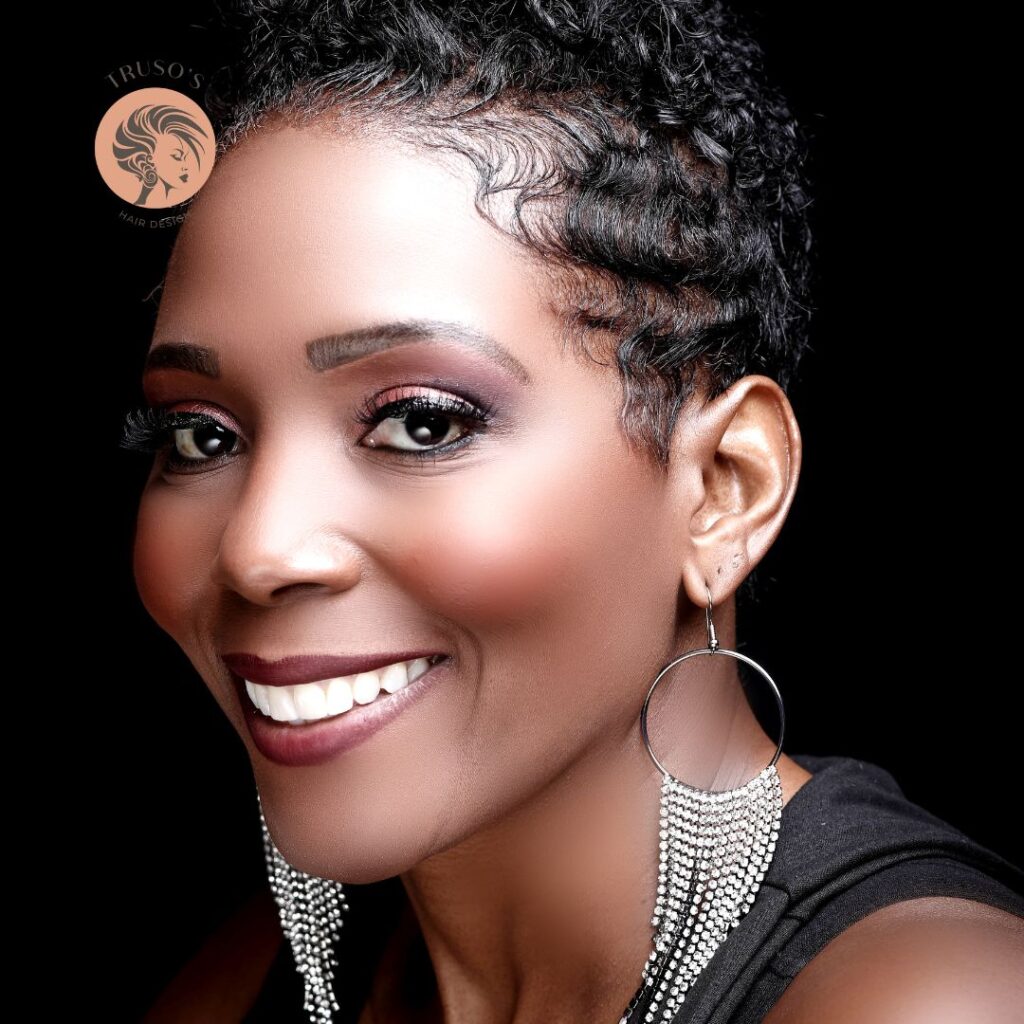What is Unique About Black Hair?
Black hair is not just a physical attribute; it embodies a rich tapestry of culture, history, and identity. The black hair experience is unique and multifaceted, reflecting the diverse backgrounds and stories of individuals within the African diaspora. In this blog post, we will explore the characteristics of black hair, its cultural significance, the challenges faced by those who wear it, and how to care for it.
The Characteristics of Black Hair
One of the most distinctive features of black hair is its texture. Black hair can range from tightly coiled curls to loose waves, with varying degrees of thickness and density. This diversity in texture is primarily due to the shape of the hair follicle; oval or flat follicles produce curlier strands while round follicles yield straighter hair.
Types of Black Hair
Black hair can be categorized into several types based on its curl pattern:
- Type 1: Straight
- Type 2: Wavy
- Type 3: Curly
- Type 4: Coily/Kinky
Each type has its own unique characteristics and requires different care techniques. For instance, Type 4 hair tends to be more fragile and prone to breakage due to its tight curls. Understanding these differences is crucial for anyone navigating their black hair experience.
Cultural Significance
The cultural significance of black hair cannot be overstated. Throughout history, hairstyles have served as a form of expression and identity among African communities. From intricate braids that signify social status to afros that symbolize resistance during the civil rights movement, black hairstyles carry deep meanings.
Historical Context
In many African cultures, hairstyles were used as a means of communication. They could indicate age, marital status, or even tribal affiliation. Unfortunately, during slavery in America, many African traditions surrounding hair were suppressed. However, over time, black individuals have reclaimed their heritage through various styles that celebrate their roots.
Modern-Day Representation
Today’s media representation has begun to embrace the beauty and versatility of black hair more than ever before. Celebrities like Lupita Nyong’o and Solange Knowles have become icons for natural hairstyles that challenge conventional beauty standards. This shift not only empowers individuals but also fosters a sense of community among those sharing similar experiences.
The Challenges Faced by Individuals with Black Hair
Despite its beauty and cultural significance, the black hair experience often comes with challenges that can affect self-esteem and mental health.
Societal Standards
Many people with black hair face societal pressures to conform to Eurocentric beauty standards that favor straight or loosely curled textures. This pressure can lead individuals to alter their natural appearance through chemical relaxers or heat styling—often at a cost to their health.
Workplace Discrimination
Discrimination based on natural hairstyles remains prevalent in many professional settings. Policies banning certain styles like afros or braids can create an environment where individuals feel pressured to change their appearance in order to fit in or be taken seriously at work.
Caring for Black Hair
Caring for black hair requires understanding its unique needs and adopting a tailored regimen that promotes health and growth.
Moisture Retention
One key aspect of caring for black hair is moisture retention. Due to its structure, this type of hair tends to lose moisture quickly. Incorporating hydrating products such as leave-in conditioners or oils can help maintain softness and prevent breakage.
Protective Styles
Protective styles—such as braids, twists, or updos—are essential for minimizing damage while promoting growth. These styles protect the ends of your strands from environmental stressors while allowing you to express your creativity through various looks.
Regular Maintenance
Regular trimming helps eliminate split ends while maintaining healthy growth patterns. Additionally, incorporating scalp massages into your routine can stimulate blood flow and promote healthier follicles.
Conclusion
The uniqueness of black hair lies not only in its diverse textures but also in its deep-rooted cultural significance and personal narratives associated with it. The black hair experience encompasses both challenges and triumphs—reflecting resilience against societal pressures while celebrating individuality through style choices.
As we continue embracing our natural beauty in all forms—whether through protective styles or simply wearing our curls proudly—we contribute positively toward changing perceptions about what beauty truly means in society today. By understanding these aspects better ourselves—and supporting one another—we pave the way for future generations who will carry forward this beautiful legacy intertwined with culture history identity!
Visit our blog for more informative articles




